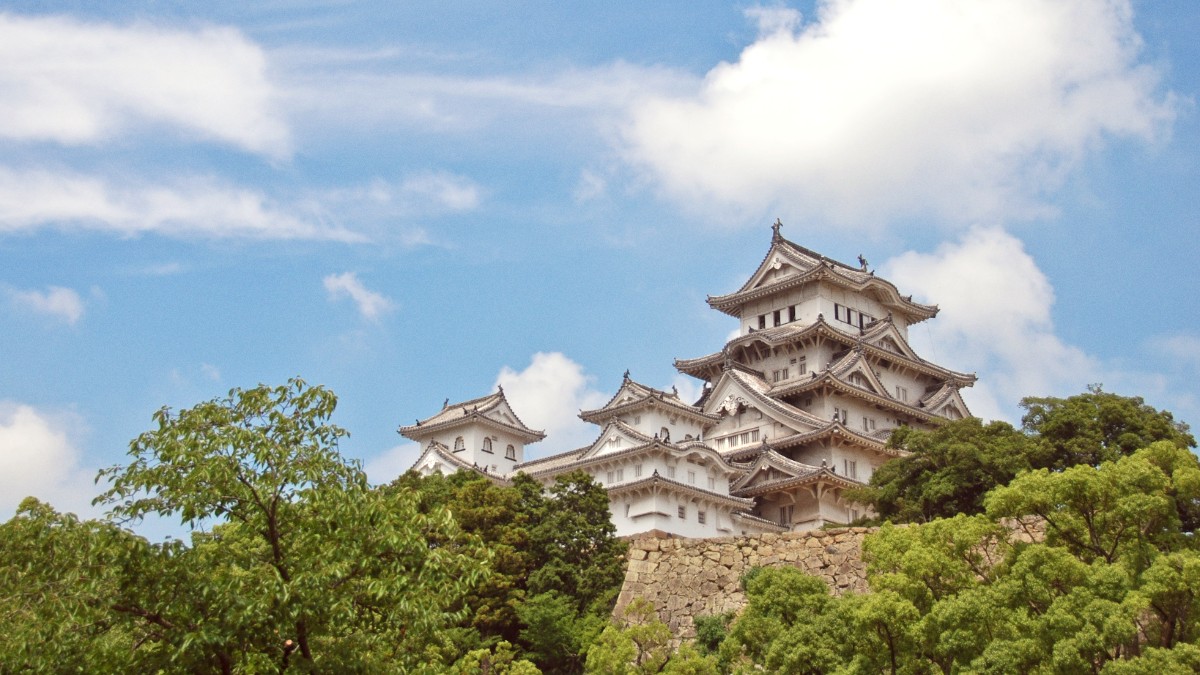
Central Honshu, Japan
Imagine a city where samurai traditions continue, geisha districts echo with history, and one of Japan's celebrated gardens invites quiet contemplation.
Kanazawa sits on the Ishikawa Prefecture coast, facing the Sea of Japan. The Sai River and the Asano River flow through the city, adding to its picturesque landscape.
This location has a mild climate with four distinct seasons. Its proximity to the Sea of Japan yields abundant fresh seafood, a cornerstone of its renowned cuisine. Kanazawa functions as a gateway to the Noto Peninsula and the Japanese Alps, including Hakusan National Park.
Kanazawa's history is largely from the Maeda clan, rulers of the Kaga Domain for nearly three centuries during the Edo period (1603-1686). This was the second most powerful feudal domain after the Tokugawa shogunate. The Maeda clan invested heavily in culture and arts, making Kanazawa a prominent cultural center.
Kanazawa did not experience widespread destruction during World War II, a rarity among Japanese cities. This fortunate circumstance allowed many historical districts, traditional houses, and cultural assets to remain intact. The city's dedication to its past appears in its beautifully maintained samurai residences, geisha districts, and traditional craft industries.
Japan's main producer, used in crafts, art, and food.
Distinctive overglaze enamel porcelain.
Traditional method for kimono dyeing.
Artistic application of gold and silver powder.
Known for durability and intricate designs.
A visit to Kanazawa transports you to a bygone era, offering an authentic look into Japan's feudal history and artistic legacy. The Maeda clan's patronage made Kanazawa a hub for traditional Japanese artistry, a reputation it maintains today.
One of Japan's three most celebrated gardens, Kenrokuen offers serene contemplation adjacent to Kanazawa Castle Park. Its beauty shifts with each season.
Well-preserved geisha districts, like Higashi Chaya, and the atmospheric samurai residences of Nagamachi invite exploration. These areas highlight Kanazawa's cultural depth.
Kanazawa offers visitors historical charm, artistic flair, and natural beauty. Expect a city where ancient samurai houses stand alongside modern art museums, and serene gardens frame cultural experiences.
Kanazawa's culinary scene shines with fresh seafood from the Sea of Japan and refined Kaga Ryori cuisine. The city serves as Japan's main producer of gold leaf, used in crafts, art, and even on food.
Transportation within the city is easy, with an efficient bus system connecting all major sights. Kanazawa provides a welcoming atmosphere for travelers seeking a connection with Japanese culture, a quieter alternative to Japan's larger cities.
Savor fresh seafood and Kaga Ryori cuisine.
Efficient bus system links all main attractions.
Japan's main producer of gold leaf.
The 21st Century Museum of Contemporary Art and the D.T. Suzuki Museum are popular choices for indoor activities. Kanazawa provides a rich array of experiences.